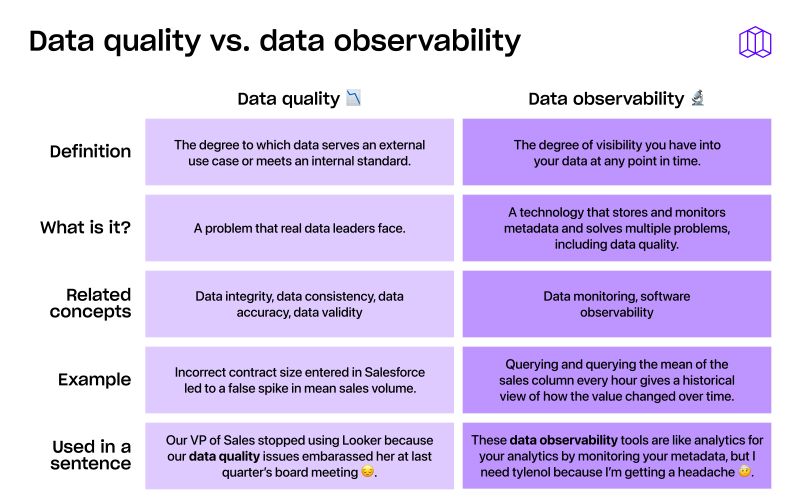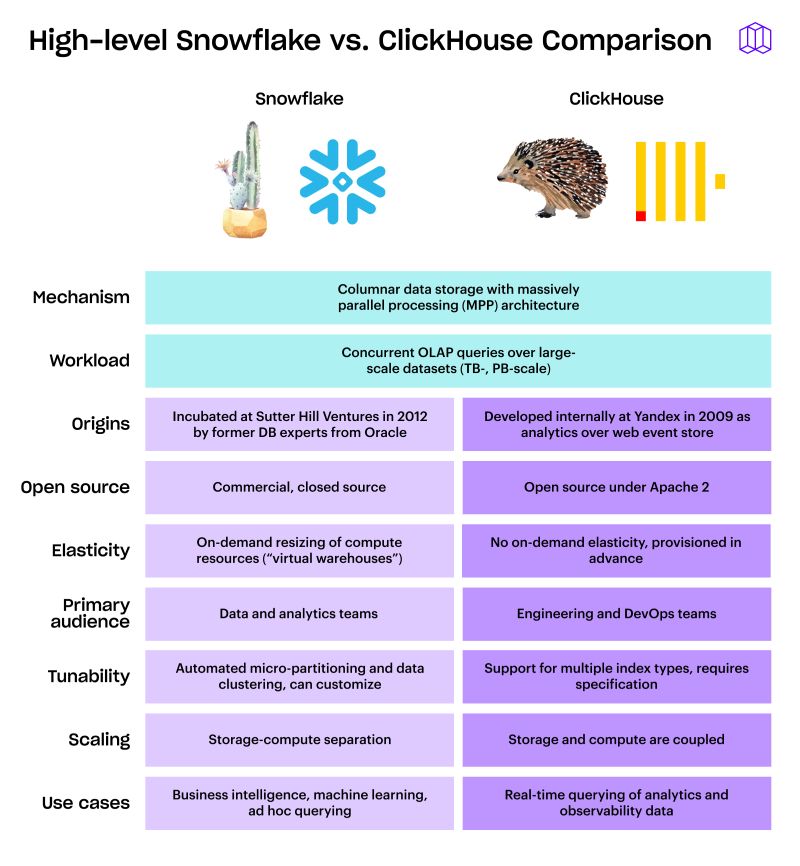What are Data Product Managers?
As data engineering and business intelligence become increasingly vital in modern companies, a new role has emerged: the Data Product Manager.

What are Data Product Managers?
As data engineering and business intelligence become an increasingly important aspect of businesses, with data warehouses and other data tools emerging to support the demands of businesses, the role of data product manager has become vital. While it is a title that has been around for a while, it has recently surged in popularity. So, what are data product managers?
Clarifying what a data product manager is
To help us understand what data product managers are, let's say that you're Head of Data at Wordle Industries, the international conglomerate expanding Wordle into international markets and with 3 and 4 letters. You use Fivetran or Airbyte for ELT, Snowflake or Redshift for warehousing, dbt for transformation, Sigma or Looker for BI, and Hightouch or Census for Reverse ETL. One of the most used tables is the activated_users table used to send marketing e-mails.
Now, imagine that a sales leader wants an insight into the total revenue generated by this marketing campaign. This leader doesn't know how to access the visualization or dashboard and reports to you their issue. As Head of Data, you'll need to pull up the table and use annotations to make it easy for the sales leader to find this insight quickly.
A data product manager is broadly similar to a product manager, except with a clear focus on data products, including business intelligence, machine learning models, and other data-driven tools. Their primary responsibility is to manage the lifecycle of these data products, from ideation and development to testing and launch, and then ongoing maintenance.
Other attributes of data product managers
Data product managers are responsible for making critical decisions about data products that impact organizations' strategic objectives. They work alongside data engineering and analytics engineering teams while collaborating with stakeholders and users to create and develop imaginative data products. Additionally, they must be capable of identifying and clarifying business problems and identifying the necessary data sources to address them.
A database product manager is expected to be an empowered generalist while knowledgeable in the technologies used in data engineering, such as ELTs, cloud warehousing, dbt, and business intelligence platforms. They must understand the algorithms available in the machine learning toolkit and spearhead A/B testing of their data products.
Skills required from data product managers

Data product managers have a diverse set of skill sets, making it hard to create a roadmap to becoming one. Nonetheless, here are the most widely required abilities that data engineering and business intelligence (BI) teams need from data product managers:
- Understanding of data warehousing concepts and data modeling expertise
- Appreciation of data engineering and its complexities
- Expertise in machine learning
- Experience of creating data visualizations that support business decision-making
- Ability to navigate the DataOps workflow
Example data products

To give you better insights into data product manager responsibilities, let's see some different kinds of products that they manage:
- Automated marketing e-mails that use data to target individuals more accurately
- Machine learning models that provide predictive analytics, such as fraud detection
- Dashboards that display revenue analysis
- Sales intelligence workflows that provide insights to help sales leaders make data-driven hiring decisions
Summary
In summary, data product managers are a vital part of any data team. They take responsibility for the lifecycle of data products, from conception to maintenance, and support data-driven decision-making. Their job is to ensure all stakeholders, including business and engineering teams, are aligned around product goals that satisfy the needs of the modern organization.
Table of contents
Tags
...

...
















